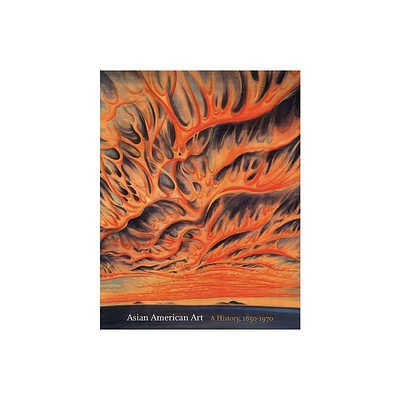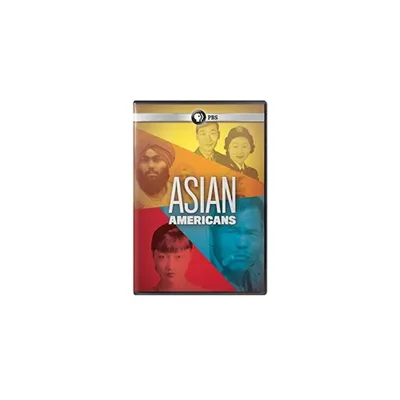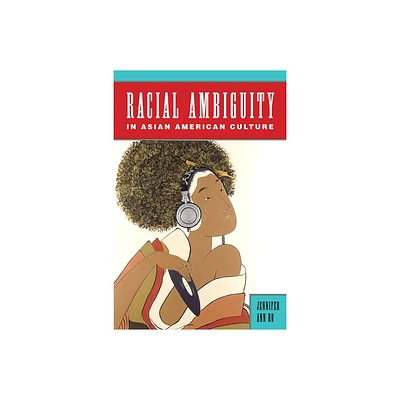Home
Apparitions of Asia: Modernist Form and Asian American Poetics
Loading Inventory...
Barnes and Noble
Apparitions of Asia: Modernist Form and Asian American Poetics
Current price: $39.99


Barnes and Noble
Apparitions of Asia: Modernist Form and Asian American Poetics
Current price: $39.99
Loading Inventory...
Size: Paperback
*Product Information may vary - to confirm product availability, pricing, and additional information please contact Barnes and Noble
Walt Whitman called the Orient "The Past! the Past! the Past!" but East Asia was remarkably present for the United States in the twentieth century.
Apparitions of Asia
reads American literary expressions during a century of U.S.-East Asian alliances in which the Far East is imagined as both near and contemporary. Commercial and political bridges across the Pacific generated American literary fantasies of ethical and spiritual accord; Park examines American bards who capitalized on these ties and considers the price of such intimacies for Asian American poets. l l The book begins its literary history with the poetry of Ernest Fenollosa, who called for "The Future Union of East and West." From this prime instigator of the Gilded Age, Park newly considers the Orient of Ezra Pound, who turned to China to lay the groundwork for his poetics and ethics. Park argues that Pound's Orient was bound to his America, and she traces this American-East Asian nexus into the work of Gary Snyder, who found a native American spirituality in Zen. The second half of
considers the creation of Asian America against this backdrop of trans-pacific alliances. Park analyzes the burden of American Orientalism for Asian American poetry, and she argues that the innovations of Lawson Fusao Inada offer a critique of this literary past. Finally, she analyzes two Asian American poets, Theresa Hak Kyung Cha and Myung Mi Kim, who return to modernist forms in order to reveal a history of American interventions in East Asia.
Apparitions of Asia
reads American literary expressions during a century of U.S.-East Asian alliances in which the Far East is imagined as both near and contemporary. Commercial and political bridges across the Pacific generated American literary fantasies of ethical and spiritual accord; Park examines American bards who capitalized on these ties and considers the price of such intimacies for Asian American poets. l l The book begins its literary history with the poetry of Ernest Fenollosa, who called for "The Future Union of East and West." From this prime instigator of the Gilded Age, Park newly considers the Orient of Ezra Pound, who turned to China to lay the groundwork for his poetics and ethics. Park argues that Pound's Orient was bound to his America, and she traces this American-East Asian nexus into the work of Gary Snyder, who found a native American spirituality in Zen. The second half of
considers the creation of Asian America against this backdrop of trans-pacific alliances. Park analyzes the burden of American Orientalism for Asian American poetry, and she argues that the innovations of Lawson Fusao Inada offer a critique of this literary past. Finally, she analyzes two Asian American poets, Theresa Hak Kyung Cha and Myung Mi Kim, who return to modernist forms in order to reveal a history of American interventions in East Asia.


















